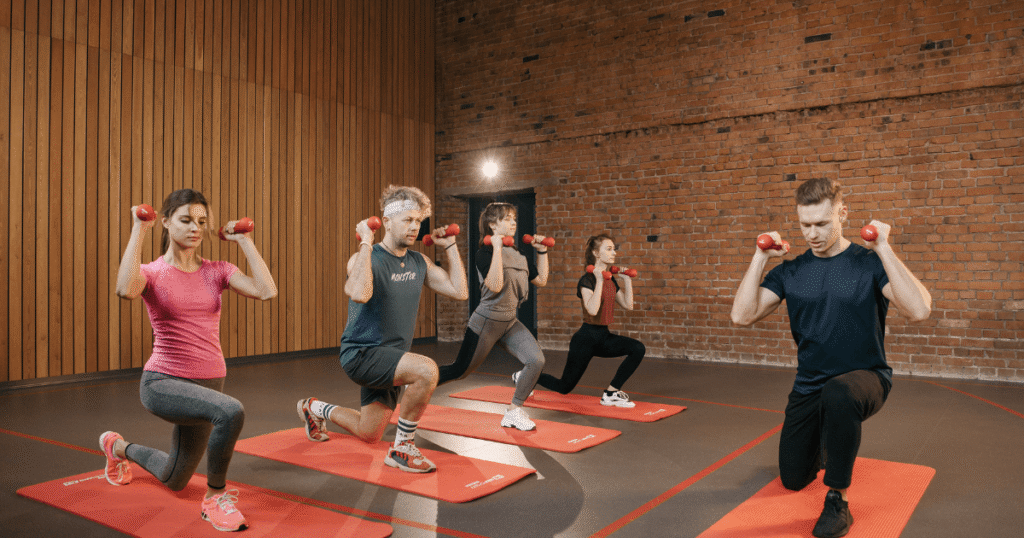Best Time for Fitness | Discover the best time for fitness based on your goals, energy, and lifestyle. Learn the pros and cons of morning, afternoon, and evening workouts to choose the ideal routine for consistency, performance, and results.
Which is the Best Time for Fitness?
Best Time for Fitness | When it comes to exercise, one of the most common questions people ask is, “When is the best time to work out?” The answer isn’t the same for everyone—it depends on your body’s rhythm, daily schedule, and fitness goals. Understanding the pros and cons of different workout times can help you choose a routine you can stick to for the long term.
1. Why Does Workout Timing Matter?
Best Time for Fitness | The time of day you choose to exercise can affect your energy levels, performance, and even the results you get. Factors like body temperature, (Best Time for Fitness) hormone levels, and mental focus vary throughout the day. Aligning your workouts with these natural patterns can help you:
- Boost energy and motivation
- Improve strength and endurance
- Maintain consistency in your routine
- Reduce injury risk

2. Morning Workouts: Benefits and Drawbacks
Benefits:
- Boosts metabolism early: Exercising in the morning helps kickstart your metabolism, burning calories throughout the day.
- Improved mood: Morning exercise releases endorphins, helping you feel more positive and focused.
- Better consistency: Fewer distractions in the morning mean you’re more likely to stick to your plan.
Drawbacks:
- Stiff muscles: Your body temperature is lower in the morning, so you might feel less flexible.
- Lower peak strength: Some people find it harder to lift heavy or perform intense workouts early in the day.
Best for: People who want to start the day energised, lose weight, and stay consistent.
3. Afternoon Workouts: Benefits and Drawbacks
Benefits:
- Peak performance: Muscle strength, flexibility, and reaction time (Best Time for Fitness) are often highest in the afternoon.
- Lower injury risk: Warm muscles and joints help reduce strain.
- Stress relief: A mid-day workout can refresh your mind and reduce work-related tension.
Drawbacks:
- Scheduling conflicts: Work or school may make it harder to exercise consistently.
Best for: Athletes or people focusing on performance, strength training, and injury prevention.
4. Evening Workouts: Benefits and Drawbacks
Benefits:
- Maximum energy levels: Your body is fully awake, and muscle strength is often at its peak.
- Stress reduction: Exercising after work can help you relax and sleep better.
- Better endurance: Studies show endurance is often higher in the evening.
Drawbacks:
- Potential sleep disruption: Very intense exercise right before bed can interfere with sleep in some people.
- Risk of skipping: Social plans, fatigue, or late work can make it harder to stick to evening workouts.
Best for: People who want to unwind after a busy day and prefer high-intensity or long workouts.
5. How to Choose Your Best Workout Time
Ask yourself:
- When do I feel most energetic? Morning, afternoon, or evening?
- What’s my main goal? Weight loss, strength, or stress relief?
- What fits my lifestyle? The best time is the one you can stick with regularly.
6. Final Thoughts
There’s no one-size-fits-all answer. The best time for fitness is when you can exercise consistently, feel energised, and enjoy your routine. If you’re a morning person, start your day with a workout. If you perform better in the evening, hit the gym after work. What matters most is making exercise a habit you can sustain.
More: Best Time for Fitness









